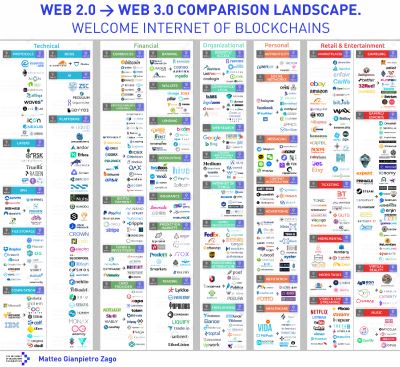Prior Postings
According to PHBC, the monitoring blockchain is designed “for the systematic, continual, and anonymous verification of communities and workplaces free from COVID-19 and other viruses.”
The coronavirus pandemic could help to normalize remote medicine in the mainstream—and blockchain is set to power the next wave of telemedicine.
While coronavirus and the worldwide surge in health complications has put an incredible strain on healthcare workers and the supply chains they rely on, this moment has also put an undeniable spotlight on the potential of blockchain technology.
Before our lives as U.S. citizens were upended as we knew it, the idea of some data nerds hoping to cure the U.S. healthcare system of all its ailments probably would not be in the headlines. This story examines how blockchain may help us trust the information we are given as accurate and timely.
We won’t be exaggerating the situation if we call Coronavirus the most notorious enemy of humankind in this new decade.
The Reserve Bank of Zimbabwe is reportedly working on a regulatory sandbox that would help fintech and crypto companies operate in the country freely.
Solana is looking to raise up to $12M at a $125M valuation, touting potential relationships with Dish and Kin in a pitch deck seen by CoinDesk.
If states want to promote the use of blockchain tech, they need advisors with solid technical understanding of what they're trying to legislate.
Calm before the storm
Cointelegraph and Insolar jointly produced a report on supply chain inefficiencies and hindrances that cannot be overcome by current IT solutions.









